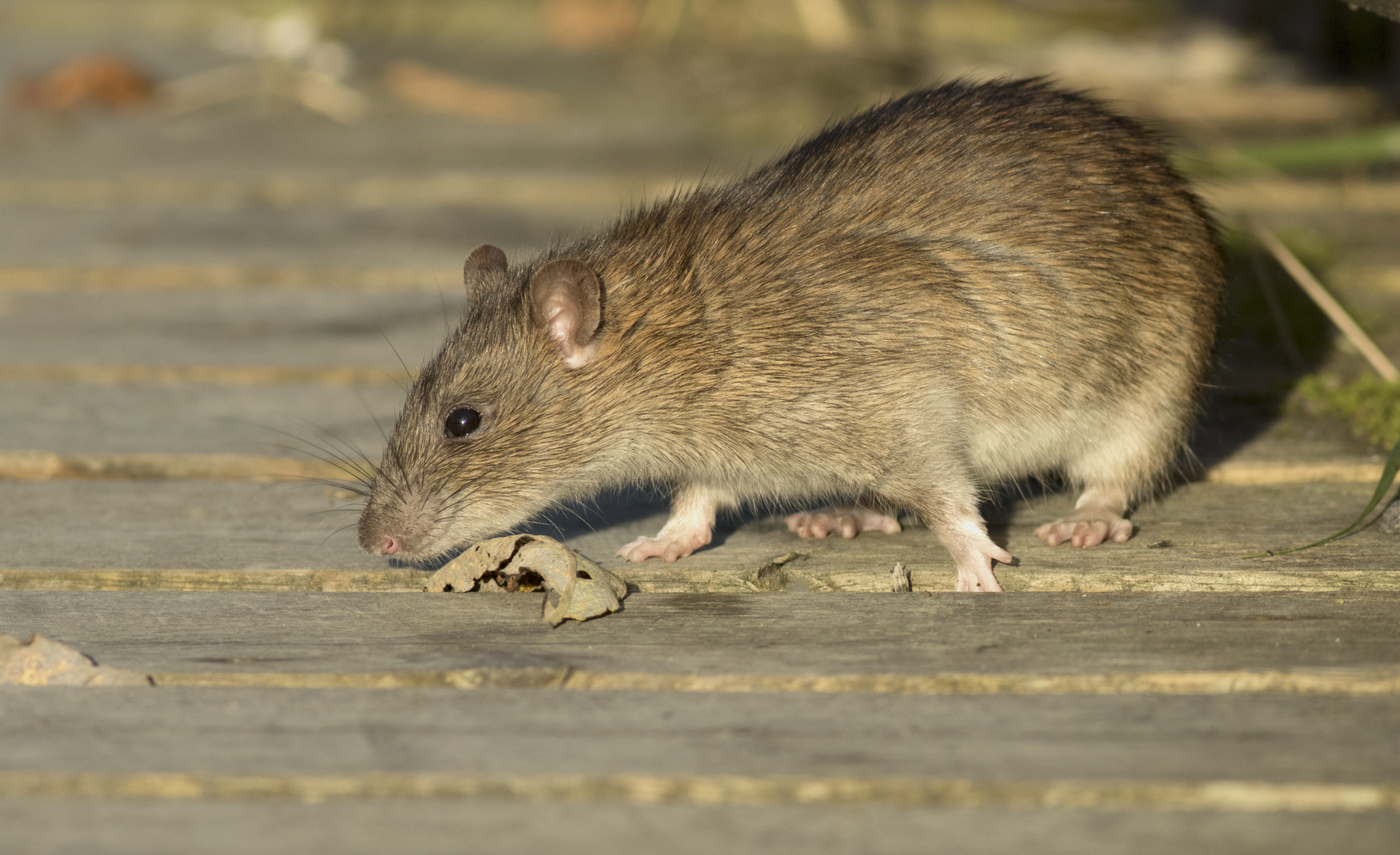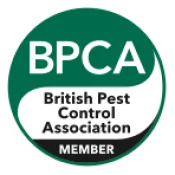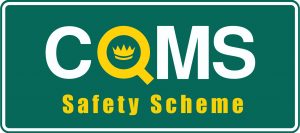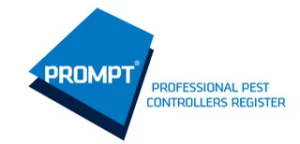Rat Pest Control

Rat Pest Control
In the UK it is estimated there are between 10.5 million and 120 million rats. No wonder we get a lot of calls for Rat Pest Control! There are two types of rats in the UK, the most common is the Brown Rat, otherwise known as the Common Rat, Norway Rat or Sewer Rat. The second species is quite rare, the Black Rat, otherwise known as the Ship Rat. Whilst rare these days, they can still be spotted in UK shipping ports occasionally.
Rats make nests in locations where they have shelter and access to food and water. In and around your home this might be in the attic or roof space, wall cavities, under floorboards, under sheds in compost heaps, or in a bank in your garden. Brown rats also live in the sewers. Defective drainage is a very common cause of rat activity in properties.
For businesses rats are bad news. Putting aside reputational damage, there are economic, welfare and legal implications too. Food businesses are required to have adequate procedures in place to control pests under Regulation (EC) No 852/2004 and other businesses have general obligations to ensure a safe workplace for employees. Local authorities have powers under the Prevention of Damage by Pests Act 1949 and can serve notice or carry out works in default where property owners or others do not take steps to control pest activity.
How to Spot if you have a Rat Infestation
Here are some common signs to look for if you suspect you have a rat infestation:- Droppings: Rats generally defecate in the same places and they can relieve themselves up to 40 times in one night. The stools resemble dark, large, thick grains of rice.
- Scurrying sounds and scratching at night: Rats are mainly nocturnal rodents, so they are active at night. You may also hear them gnawing on walls, cables, joists etc.
- Visible signs: Their vision is rather poor so rats will generally use the same routes to and from their nest. Whilst doing so they tend to leave a dirty grease-like smear from their fur as they brush against walls. In dusty areas you might also spot footprints and/or tail marks; and outside you may see holes in the ground or evidence of burrowing.
- Signs of Damage: Rats need to gnaw on materials to help grind their teeth to the right shape as their incisors continually grow. The damage caused by gnawing rats can be considerable and rather dangerous as they will gnaw through electric cables, copper pipes (gas and water) as well as wood, concrete, metal and bone. As well as the inconvenience, this can become very expensive.
Health Risks
Rats urinate to mark their territory and unlike their faeces, they do not go in the same place. Rats can spread disease through direct or indirect contact with their body or their urine, especially when in contact with food or food preparation surfaces. Rats can carry bacteria, viruses and disease, including:- Weil’s disease
- Salmonella
- Listeria
- Tuberculosis
- Toxoplasma gondii
- Cryptosporidiosis
- Coli
- Foot and mouth disease
Rat Pest Control
Rats are sociable rodents and where you see one rat, it is highly likely that there will be others nearby. A female rat will have 3 to 6 litters on average per year, with each litter having around 6 to 8 young. Newborn rats become sexually mature at just a few weeks old, which means that a single pair of rats can produce around 48 offspring themselves in one year, and these offspring will also multiply at the same rate. Now that would be a serious rat problem if left untackled! Rat infestations are clearly not something you should ignore and at iX5 Pest Control we have the expertise, experience and equipment to eradicate any rat infestation. We will conduct a thorough survey and detail our recommended solutions, including advising on preventative measures. We use a range of control strategies depending on various factors such as the location, the extent of activity, and any sensitive receptors or non-target species. We offer rat pest control services for domestic premises and businesses in Northampton, Daventry, Rugby, Market Harborough, Towcester, Brackley, Wellingborough, Kettering, Corby, Olney and all of the surrounding areas. Our team of pest control specialists are available both evenings and weekends at no extra cost. Should you require rat pest control then call us on 01604 328545,, email [email protected] or use our simple contact form.iX5 Pest Control
- 7 Days A Week Service
- Weekend & Evening Appointments
- Domestic & Commercial Pest Control
- Contactless Payment Methods
- Comprehensive Initial Survey










